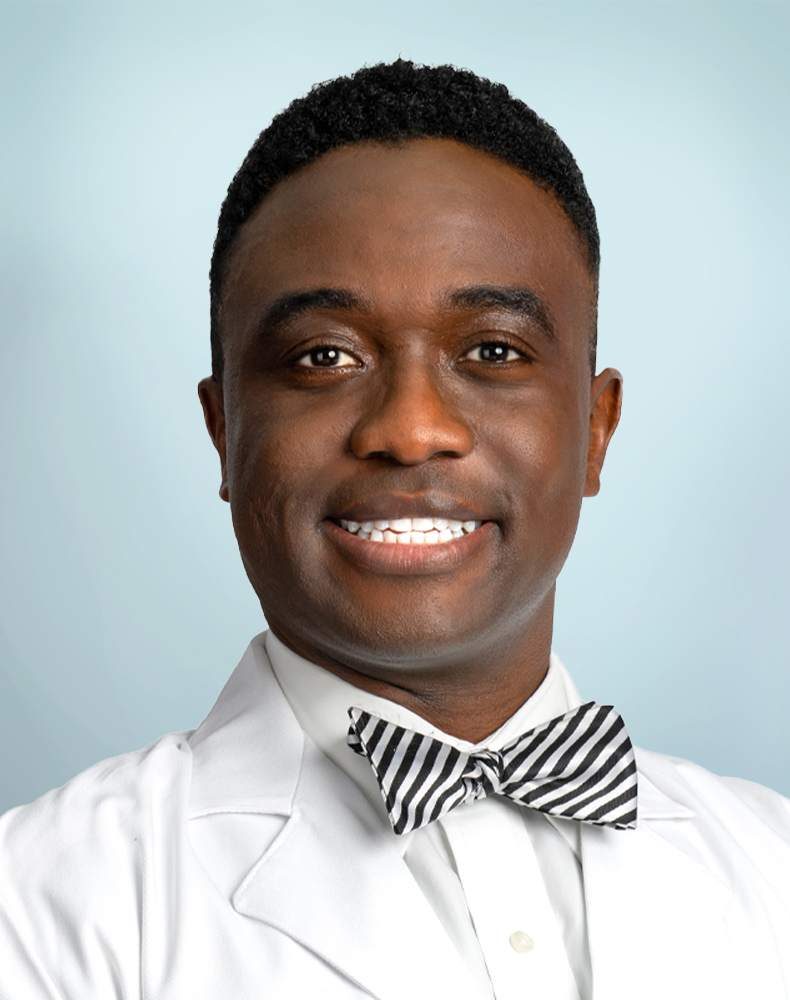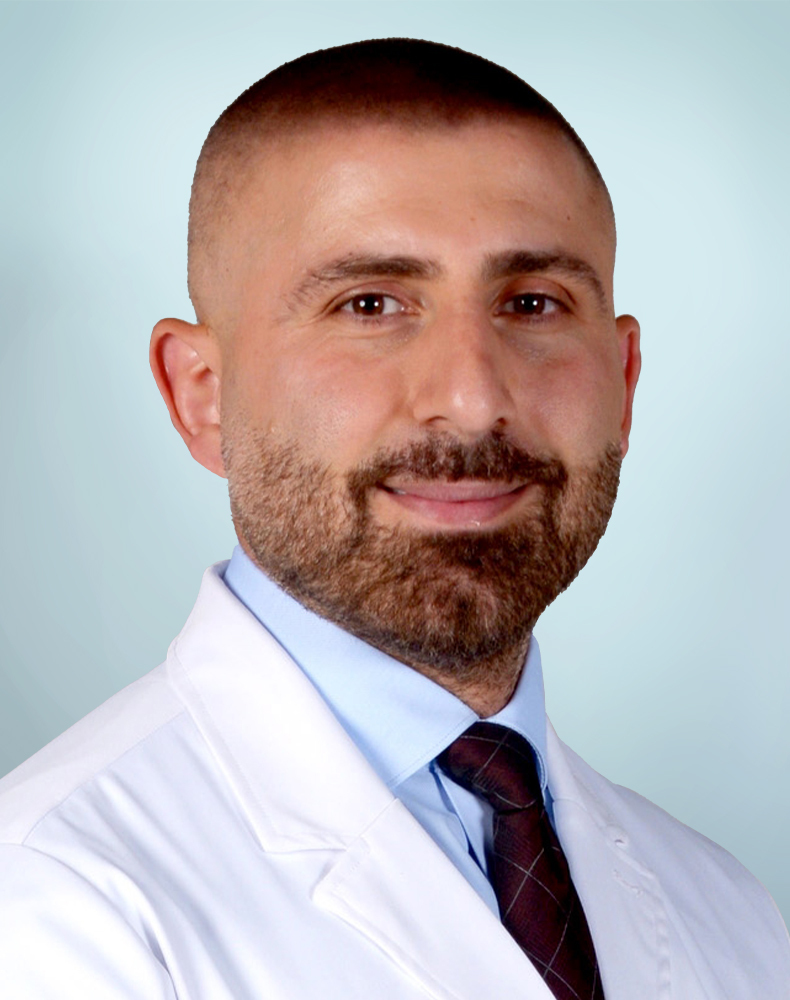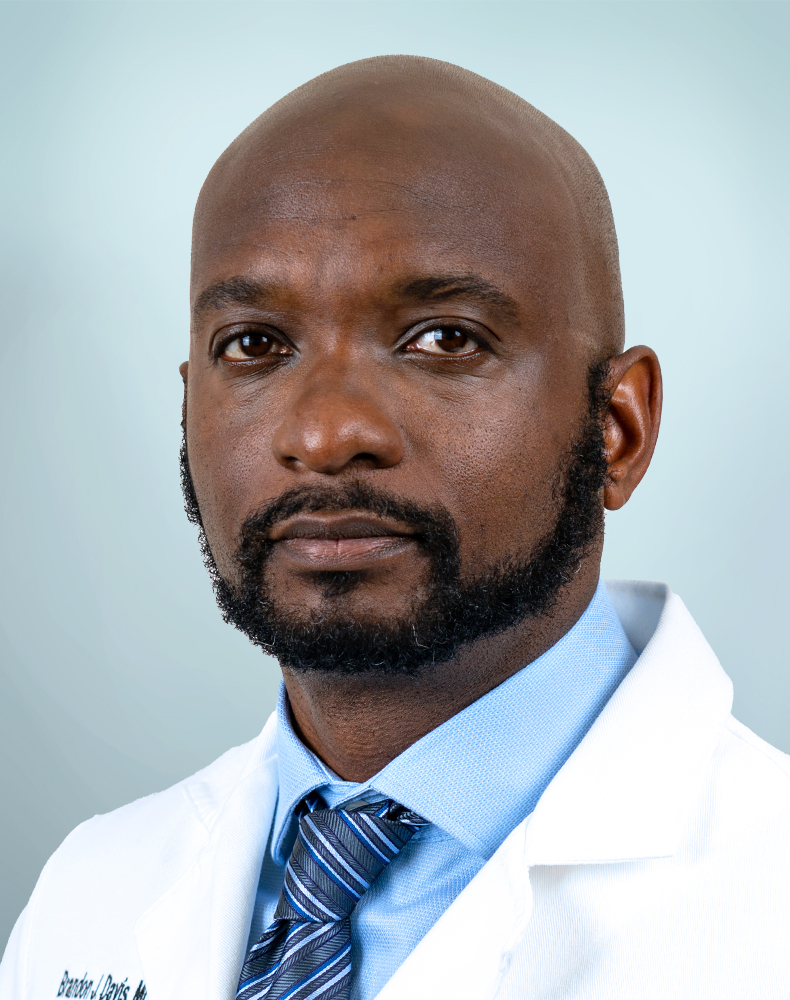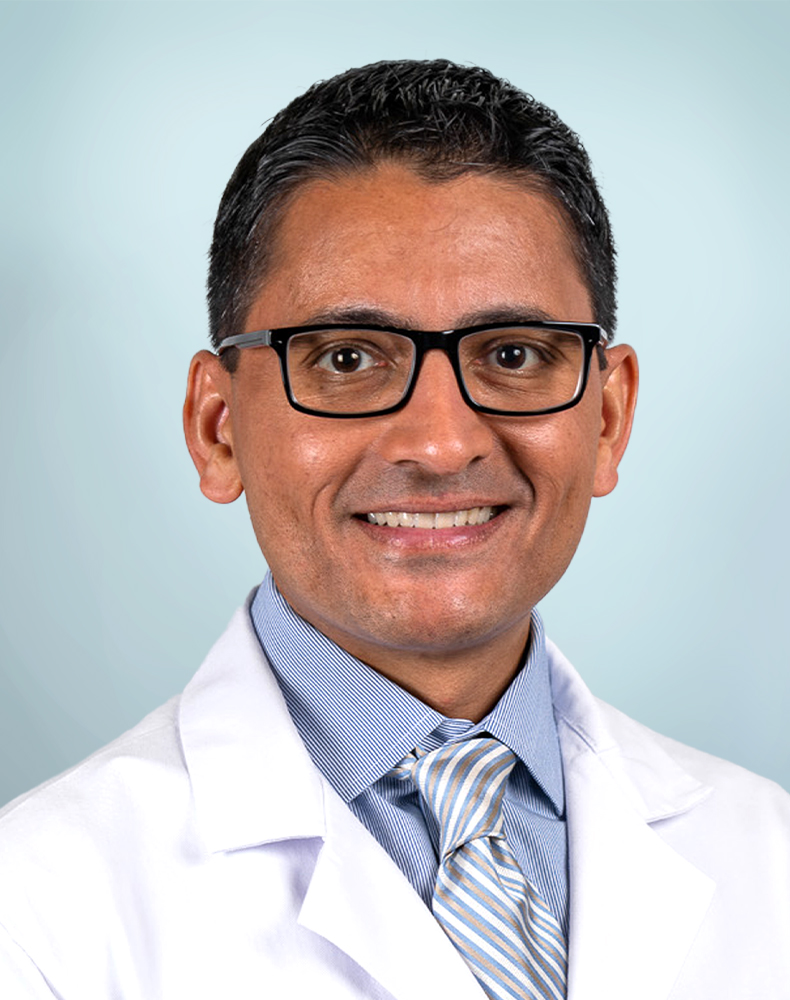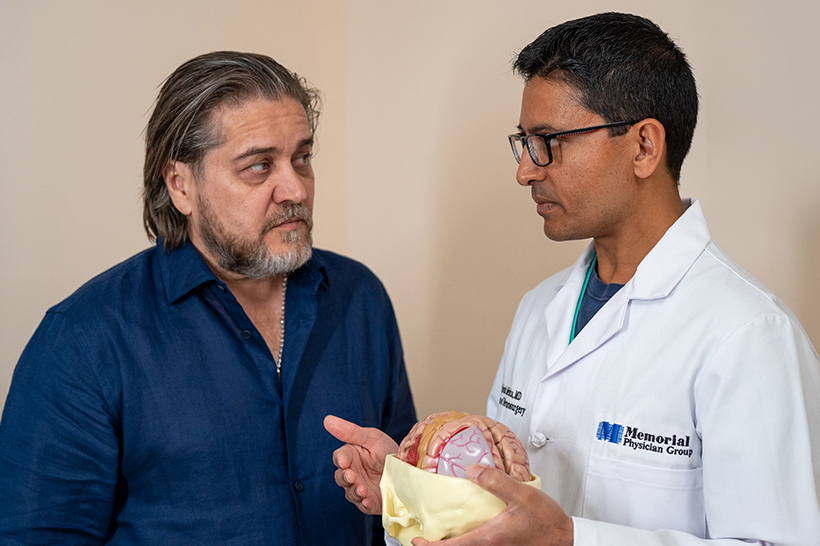
Comprehensive Stroke Center
Our renowned stroke centers provide expert emergency care and comprehensive follow-up services.
At Memorial Neuroscience Institute, our trained stroke teams work hard every day to deliver effective treatment with speed and precision. We provide this care at four stroke centers across our healthcare system.
When Seconds Count
Stroke is treatable, but the clock starts ticking the second symptoms start. A stroke occurs when a blood vessel in your brain is blocked or ruptures. The flow of blood carrying oxygen and nutrients to your brain cells stops, and those cells begin to die.
A Coordinated, Experienced Team
Effective stroke care requires a team of highly trained doctors, nurses and other professionals. Whether you’re in the hospital or receiving follow-up care at home, the goal of our team is to help you get back to your daily life and all the things you enjoy.
Members of our stroke team include:
Neurosurgeons perform detailed surgical procedures on the brain, spinal cord and nerves. See more about neurosurgery.
Neurologists provide comprehensive, nonsurgical care for the many types of stokes.
Neurocritical care specialists work in our hospital intensive care units (ICUs) to care for patients after neurosurgery. They promptly identify and treat complications and help patients recover as quickly as possible. Learn more about neurocritical care.
Neurologists perform imaging studies of the brain and other parts of the nervous system to assess neurological conditions and plan for surgery. Read more about neuroradiology.
Neurorehabilitation specialists offer different types of therapies to help patients recover after a stroke. Explore our stroke rehabilitation services.
Why Choose a Memorial Neuroscience Institute Stroke Center?
In addition to treating acute cases, neurologists in our stroke centers follow patients after a stroke to ensure they get the care they need. We tailor care to you, not just your condition. Our team includes you and your family in the decision-making process to ensure your care meets your needs.
-
Specialized expertise
You receive care from fellowship-trained neurologists and surgeons who treat a high volume of patients — among the highest volume in South Florida. We also exceed national benchmarks for safety and quality.
-
Rapid care
Every minute that lapses before stroke treatment can cause a loss of critical brain function. When patients arrive at our emergency rooms, our teams quickly evaluate patients and provide time-sensitive treatment.
-
Advanced treatments
We offer the latest treatments, including clot-dissolving drugs and a full range of neurointerventional and neurosurgical procedures.
Our Awards and Accolades for Stroke Treatment
Comprehensive Stroke Centers
Joint Commission Certification

Memorial Regional Hospital is certified by the Joint Commission as a Comprehensive Stroke Center (the highest level). This certification is reserved for advanced centers that care for the most complex stroke patients. We earned it by demonstrating that we have the expertise and technology to deliver the latest medications and neurosurgical treatments.
Comprehensive Stroke Center

Memorial Hospital West is certified as a Comprehensive Stroke Center for their quality and patient safety by Det Norske Veritas (DNV) Healthcare Accreditation Services. Our Comprehensive Stoke Center delivers a high-quality of care to the most complex cases, offering evidence-based treatments with cutting edge research protocols.
Primary Stroke Centers
Memorial Hospital Pembroke and Memorial Hospital Miramar are certified by the Joint Commission as Primary Stroke Centers. This designation is the next highest level of stroke care. These hospitals have a dedicated stroke team, access to a neurologist 24/7 and the ability to provide clot-busting medications such as tissue plasminogen activator "tPA" or alteplase.


 Florida Stroke Registry:
We’re proud to share that Memorial Regional Hospital has been recognized by the 2024 Florida Stroke Registry for our commitment to delivering high-quality stroke care.
Florida Stroke Registry:
We’re proud to share that Memorial Regional Hospital has been recognized by the 2024 Florida Stroke Registry for our commitment to delivering high-quality stroke care.
Excellence in Rapid Stroke Treatment – Category II Award
Commitment to Reducing Care Disparities – Category III Award










